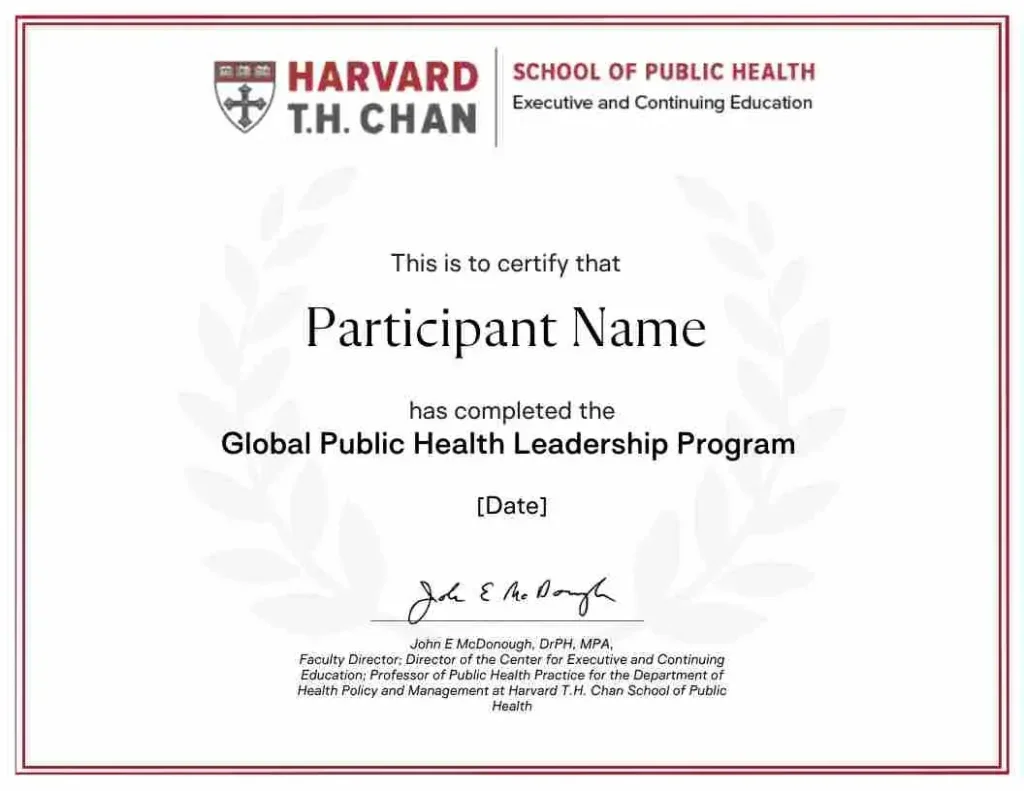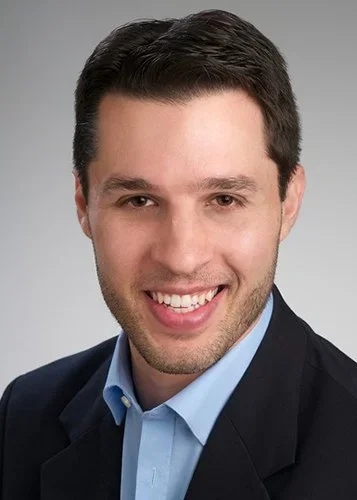Transforming Health Care Education: The Science of Learning and Art of Teaching
“Since completing the course, I’ve noticed a remarkable shift in my lectures. They are no longer just presentations; they are dynamic interactions where students are engaged, asking questions, and truly invested in the material. The feedback from my audience has been overwhelmingly positive—they’re excited to learn, and I owe much of that to the insights I gained from this course.” —Siham Shweiki, MPH, BSC, Deputy District Pharmacist, Ministry of Health
About the Program
This program will introduce you to theoretical aspects of learning and the principles of effective teaching, focusing on novel methods to enhance long-term retention and learning. From understanding the basics of neuroplasticity, to the preparation for a Socratic discussion, this 12-week program will enhance your teaching effectiveness.
Program Fees
- Standard Price $2,990.00
Program Overview
Teaching is a powerful tool that can be a transformative agent, promoting social changes when used correctly. To learn how to teach, however, you first must understand how people learn. Transforming Health Care Education: The Science of Learning and Art of Teaching will show how both these abilities intersect—with neuroscience, motivation, and technology—enabling participants to become more effective teachers in the health care field.
Transforming Health Care Education: The Science of Learning and Art of Teaching will introduce you to theoretical aspects of learning and the principles of effective teaching, focusing on novel methods to enhance long-term retention and learning. From understanding the basics of neuroplasticity, to the preparation for a Socratic discussion, this 12-week program will enhance your teaching effectiveness.
Upcoming Program Details
- Understand how learning occurs (from basic neural mechanisms to behavioral changes)
- Understand how to assess learning effectiveness
- Identify limitations and challenges of the current model of medical teaching
- Identify and understand the main teaching models (e.g., student-centered, teacher-centered)
- Identify and understand the main concepts and tools for effective teaching/learning
- Identify and understand how to effectively use educational tools
- Develop critical thinking on how to design an effective online course that aims to result in long-lasting learned skills for participants
All Times are Eastern Time (ET).
| Tuesday, April 1, 2025 | ||
|---|---|---|
| 3:00–4:00 pm | Tutorial Lecture | Tuesday, April 8, 2025 |
| 3:00–4:00 pm | Neuroscientific Basis of Learning (Learning & Neuroplasticity) | Tuesday, April 15, 2025 |
| 3:00–4:00 pm | Learning and Motivation (Molecular Brain) | Tuesday, April 22, 2025 |
| 3:00–4:00 pm | Getting Ready and Engaging Attention in Learning (Brainstem) | Tuesday, April 29, 2025 |
| 3:00–4:00 pm | Interaction and Relationships in the Classroom (Limbic Brain) | Tuesday, May 6, 2025 |
| 3:00–4:00 pm | Consolidation of Learning (NEO Cortex) | Tuesday, May 13, 2025 |
| 3:00–4:00 pm | Using the Traditional Lecture in an Effective Manner | Tuesday, May 20, 2025 |
| 3:00–4:00 pm | Teaching to Promote Critical Thinking and Challenges with AI | Tuesday, May 27, 2025 |
| 3:00–4:00 pm | Teaching with Team-Based Learning | Tuesday, June 3, 2025 |
| 3:00–4:00 pm | Teaching with Active Learning Methodology (Socratic method, Flipped Classroom, and Problem-Based Learning) | Tuesday, June 10, 2025 |
| 3:00–4:00 pm | Technology, AI, and Innovation in the Classroom | Tuesday, June 17, 2025 |
| 3:00–4:00 pm | Assessment, Grading, and Feedback | Tuesday, June 24, 2025 |
| 3:00–4:00 pm | The Final Class – Transformative Teaching and Learning | Tuesday, July 15, 2025 |
| 3:00–4:00 pm | Practice Presentation (optional) | Tuesday, July 22, 2025 |
| 3:00–5:00 pm | Project Presentation (optional) |
This agenda is subject to change.
This program is designed for individuals who are passionate about teaching and learning within the health care field, with an emphasis on fostering critical thinking, collaboration, and reflective observation. Ideal participants include:
- Educators and professors at universities and teaching hospitals who are eager to deepen their understanding of learning and teaching methodologies, with a focus on health care education.
- Health professionals, including clinicians, physicians, and nurses who are involved in teaching and mentoring peers, residents, and fellows, and seeking innovative strategies to enhance their educational impact.
- Health care executives and administrators who are interested in the intersection of teaching, learning, and cutting-edge technology, aiming to foster an environment of growth and learning within their organizations.
- Professionals in pharmaceutical, biotechnology, or related industries who strive to better communicate complex scientific concepts and foster learning among colleagues and audiences.
- When does the program meet?
It will meet on Tuesdays from 3-4 PM EST.
- How many hours are required weekly beyond the lecture itself?
Participants should expect to do two to three hours of coursework per week, on top of the scheduled lecture time.
- What does the coursework include?
The coursework is a combination of reading, participation (live and via discussion posts), module reports, individual project, etc. Program materials and content will be available to admitted participants upon the start of the course.
- Is coursework graded?
Yes, coursework will be graded by the program TAs. Participants must complete 70% of assignments and attend at least 9 live sessions to successfully complete the course.
- Do students get credit for sessions attended asynchronously?
No, however, as long as students attend 9 live sessions, they will receive a Certificate of Participation. We encourage participants to watch the recorded sessions so that they don’t fall behind.
Credits & Logistics
All participants will receive a Certificate of Participation upon completion of the program.

Harvard T.H. Chan School of Public Health will grant 1.2 Continuing Education Units (CEUs) for this program, equivalent to 12 contact hours of education. Participants can apply these contact hours toward other professional education accrediting organizations.
All credits subject to final agenda.
